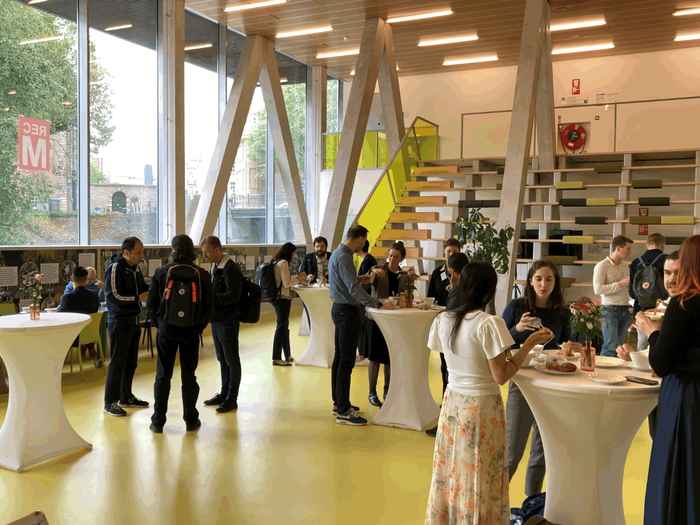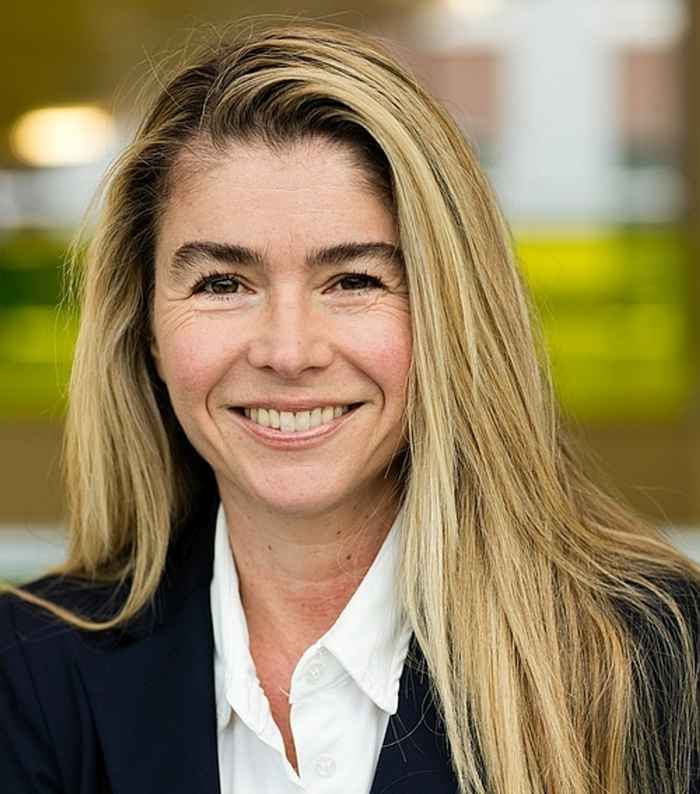ABS hosts successful Creative Industries Conference
1 June 2022

The event was organised with financial support from prestigious institutions such as Yale University, INSEAD Business School, and Edinburgh Business School. The Rotterdam School of Management was also a co-organiser of this edition of the CIC.
55 academics were invited to participate in this year’s international conference which was held at the Amsterdam Business School and the Royal Tropical Institute (KIT). These scholars all work at the interface of the business and management sector and the arts, culture, and entertainment sector.

Where the arts and business meet
'This conference was a great opportunity to meet up (finally, in-person) with academic friends. But more importantly, it was a chance to showcase the novel research currently being conducted at ABS on the creative and cultural industries. Particularly when it comes to highlighting our interdisciplinary approach to understanding performance in these industries by using advanced computational methods, like machine learning', says Monika Kackovic, Assistant Professor and coordinator of the MSc BA Entrepreneurship and Innovation in the Creative Industries (EMCI) programme at the ABS.
Other themes explored during the conference centred around the balance between art and commerce, and reconciling tensions between creativity and management.
The conference also featured 2 prominent guest speakers: Taco Dibbits (Director of the Rijksmuseum Amsterdam). Dibbits related the tangled tale of the purchase of Rembrandt's painting called the Standard Bearer (1636). His story highlighted the interesting geopolitical and international economic activity involving the Dutch and French governments, international institutions, 175 million euros, and even a failed arms agreement. The second guest speaker, Shahar Livne, is an award-winning conceptual material designer. Livne shared the story of her career trajectory and entrepreneurial activity with conference participants.